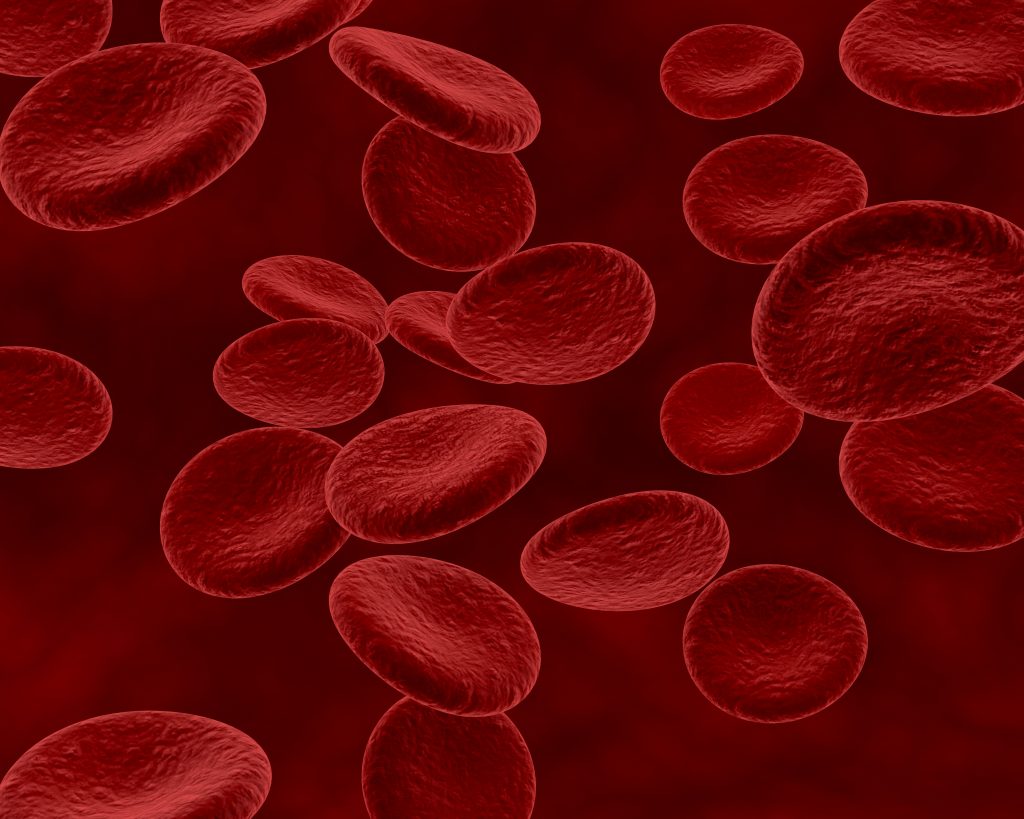We’re powering through the year — Easter has come and gone, and the weather’s starting to shift. Cooler nights, milder days, and if you’re here in SE QLD, like many of my clients, this year has also had persistent rain!
But along with the change in seasons comes something less welcome: winter infections.
Every year around this time, I see a rise in clients coming in with colds, flus, sore throats, and lingering coughs that just won’t budge. Last winter, I had more people than ever — adults and children alike — struggling through one infection after another. Some were sick six or seven times in a single year.
Here’s the good news:
It doesn’t have to be that way.
You don’t have to surrender to every bug going around.
Let’s talk about what you can do — right now — to support your body to stay strong, resilient, and well this winter.
Your Immune System: Your Body’s Inner Army
In clinic, I often show my clients a live blood image under the microscope — and it never fails to fascinate. If you‘ve ever seen one in the clinic, you might remember the big, moon-shaped cell (a neutrophil) moving through a sea of red blood cells.

The Hidden Inflammation Loop
That’s your immune system in action.
White blood cells are your body’s defence force. They include:
- Neutrophils – the first responders
- Eosinophils – involved in inflammation and allergic responses
- Natural Killer Cells – destroy infected or abnormal cells
- Lymphocytes – responsible for targeted immune defence
These cells don’t just float passively in your blood. They’re constantly on patrol, seeking out viruses and bacteria.
When they find them, they attack. They engulf. They call for reinforcements. But here’s the catch: they need to be healthy and mobile to do their job properly.
Most routine blood tests only show you the number of white blood cells — not how well they’re working. It is important that your army soldiers are active and healthy.
How to Keep Your Immune System in Top Shape
The immune system isn’t just about fighting infections — it’s about staying well. And it needs the right building blocks to do that.
Some of the most important nutrients to fuel your immune army include:
- Vitamin C – boosts immune response and acts as an antioxidant
- Zinc – vital for white blood cell activity and wound healing
- Vitamin D – helps regulate the immune system
- Selenium – supports the production of antioxidant enzymes
- Glutamine – fuels immune cells and maintains gut integrity
Even mild deficiencies in any of these can slow your immune response or make you more vulnerable to infection.
That’s why I always assess nutrient status — either through testing or clinical signs — before recommending any supplement.
Herbal Medicine: Nature‘s Support System

Herbal medicine has a long and beautiful history of supporting immunity — and in clinic, I use specific medicinal herbs to match what your body needs.
Some of my favourites include:
- Medicinal Mushrooms – like Reishi, Shiitake, Maitake, and Cordyceps. These are immune modulators, meaning they can help strengthen or calm the immune system as needed.
- Immune Tonics – like Astragalus, Echinacea, Perilla, and Andrographis. These support immune resilience and help shorten recovery time.
- Antimicrobial Herbs can include Lomatium, Isatis, Japanese Knotweed, and Qing Hao. These herbs have a traditional reputation for helping eliminate infectious microbes.
But — and this is important — herbs are medicine. They can be powerful, and like any remedy, they need to be used correctly.
Since the pandemic, I’ve seen a significant rise in self-prescribing. While it’s empowering to want to take charge of your health, I’ve also seen the downside: clients coming in after taking high doses of zinc or selenium long-term, or using immune herbs in ways that led to unexpected side effects.
For example:
- Zinc and selenium can accumulate in the body and become toxic if overused.
- Andrographis, when used too long without a break, has been linked to temporary loss of taste.
This is why working with someone qualified who understands your body, your lifestyle, and your unique biochemistry is so important.
Be Proactive — Not Reactive
We don’t need to wait until we’re sick to support our immunity.
Right now — before the cold mornings and dry winds really set in — is the perfect time to check in on your immune health and give your body what it needs to stay strong.
If you’re ready to feel more resilient this winter — not just surviving but thriving — I’d love to help. Whether it’s supporting your immune cells, identifying nutrient gaps, or tailoring a herbal protocol just for you, I’m here to walk alongside you.
Let’s keep you well this winter — naturally, effectively, and with the support your body truly deserves.
To your great health,
Teressa
Naturopath + Biochemist
Ready to kick start Gut Health? Book a Call!

This is how gut microbes can influence weight!
Probiotics can help you gain weight or lose weight by interacting with our genetics, food and metabolism.
And yes, I did say lose or gain weight……..
Firstly, let me explain that the trillions of microbes in the gut need to be varied, meaning that there should be a large variety of species. There are many different species (or breeds) of microbes, and they all have their place in aiding health — the more variety and balance, the better health results.
Back to the weight loss or weight gain issue….
Do you eat yogurt and berries for breakfast? Thinking that it’s helping you lose weight?
Well, Lactobacillus acidophilus (like the species found in yoghurt) has been connected to weight gain.
I am not saying throw your yoghurt and berries in the bin. Instead, I am suggesting looking at the overall picture. If Lactobacillus acidophilus is the predominant micro-organism of the gut, then weight gain can result.
It is about the variety of species of gut microbes. Imagine if we only have trained german shepherd guard dogs in the world. It may be a safe world, but I am sure that other breeds may be more suitable as a family pet.
While Lactobacillus acidophilus is associated with weight gain, other Lactobacillus species correlate with weight loss.
Species like Lactobacillus plantarum, Lactobacillus gasseri, and Bifidobacteria animalis have been found to support weight loss.
Want to lose weight?
Look at your gut flora to support your goal.
Tests can be performed to identify the predominant species of the gut, and specific species can be utilised to support weight changes.
Want more information about your gut health?
Or want to look at all the factors contributing to weight gain, I’d love to be able to help.





